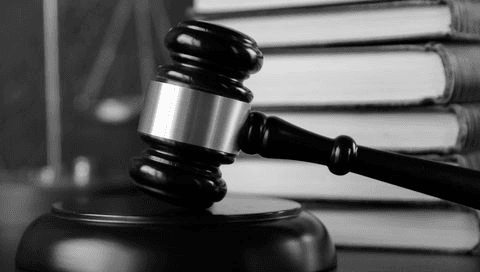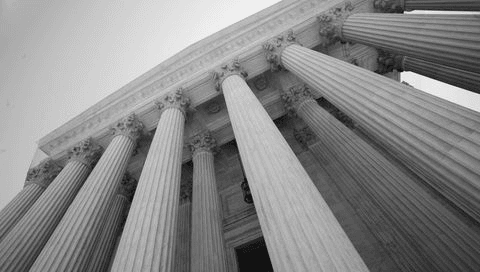On remand, defendants abandoned their § 285 claims against Raylon because Raylon was insolvent. Instead, defendants argued for sanctions against Raylon’s counsel for attorney fees of $1.4 million or at the very least that Raylon’s counsel be disgorged of the settlement proceeds of approximately $300,000 they received from other defendants who settled early and who Raylon accused under the same frivolous infringement theories. The Court agreed with defendant’s secondary argument for disgorgement and added an additional 50% penalty for bringing the frivolous claims, noting that:
Mere disgorgement of Raylon’s counsel’s profits is not sufficient to carry out either the rule’s primary purpose of deterrence or its other objectives of punishment and compensation. A sanction that returns offending counsel to their original financial position, discounting the typical expenses associated with litigation, has little deterrent value. If the worst result that one could expect when filing a frivolous lawsuit is that one might not profit from the venture, then one is not deterred from attempting the pursuit. A disgorgement sanction
alone has no greater deterrent effect than the risk that any plaintiff’s attorney takes when embarking on a nonfrivolous case under a pure contingency fee arrangement. Even meritorious cases can be lost, but frivolously unmeritorious cases should never be brought.
Plaintiff’s counsel argued that the “the Federal Circuit’s Raylon decision has had, and continues to have, ‘a devastating negative impact on the professional careers of all of Raylon’s counsel’ and that this is a sufficient sanction.” The court, however, determined that “[a] nonmonetary sanction would only show others similarly situated that they can file frivolous cases, from which they may ultimately profit by exacting costofdefense settlements, with the only consequence being harsh words from a court.”
In conclusion, the district court warned that counsel who put their name on a pleading bear the responsibility for not only the potential benefits of that pleading, but also the consequences when the pleading falls below the standards imposed by Rule 11. It advised that counsel ask hard questions about the quality of the claims that they bring, and if they cannot find good answers to those questions, withdraw from the case rather than pursue the claims to the significant detriment of opposing party and court resources.
Raylon, LLC v. Complus Data Innovations, Co. et al, No. 609cv00355 (E.D. Tex. May 4, 2015) (Davis, J.).




